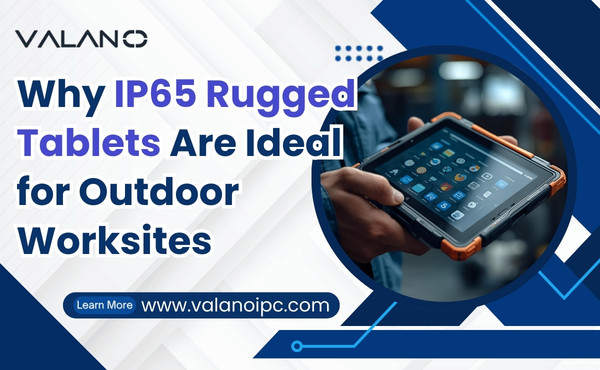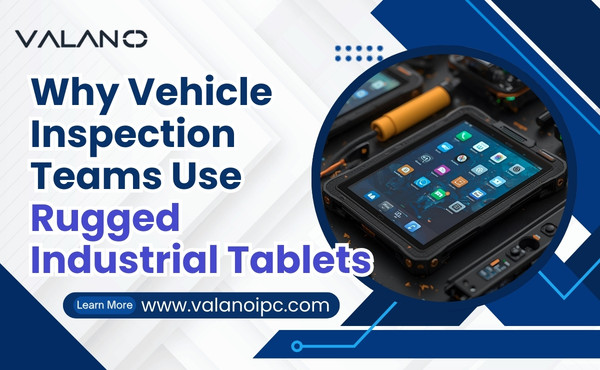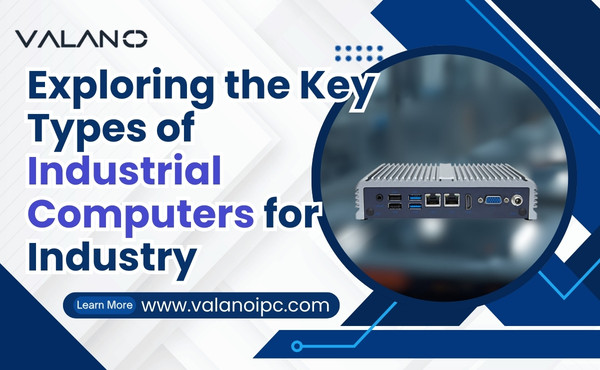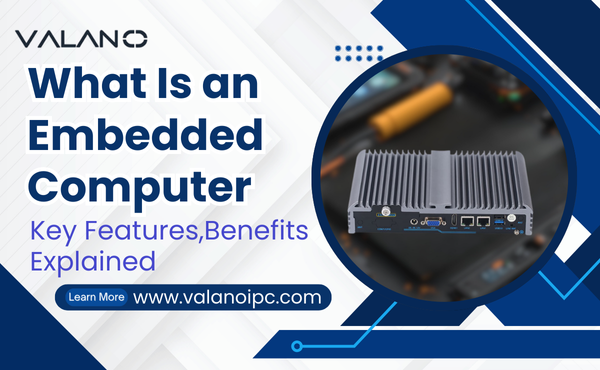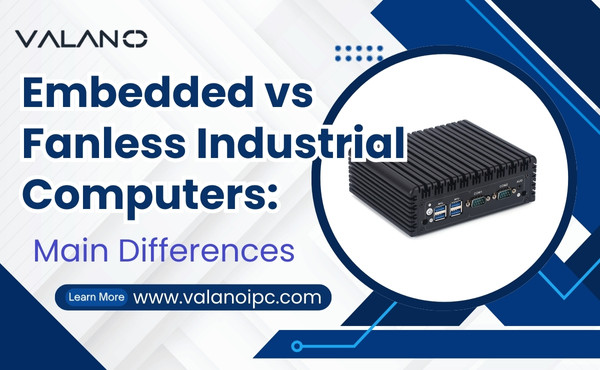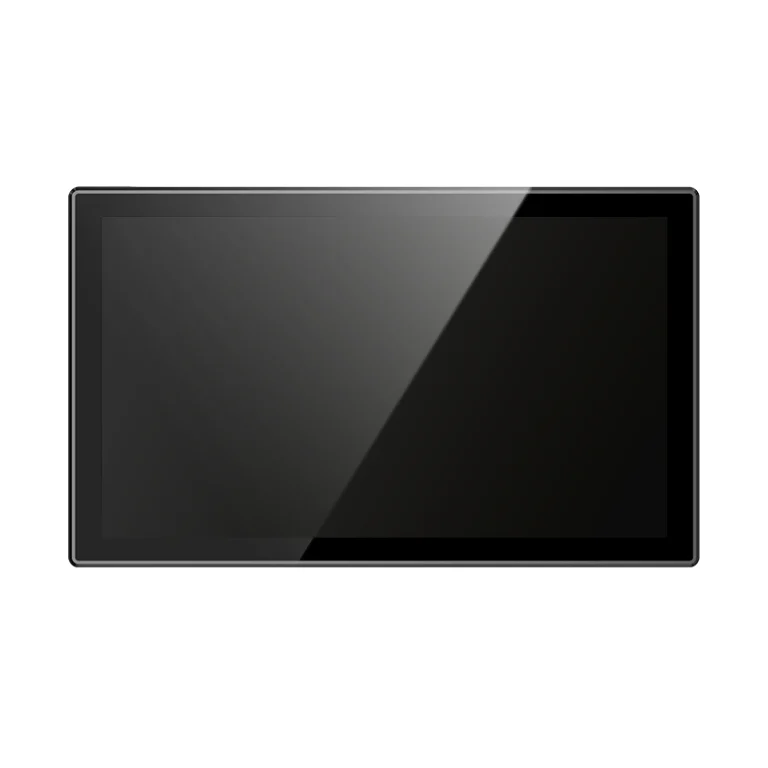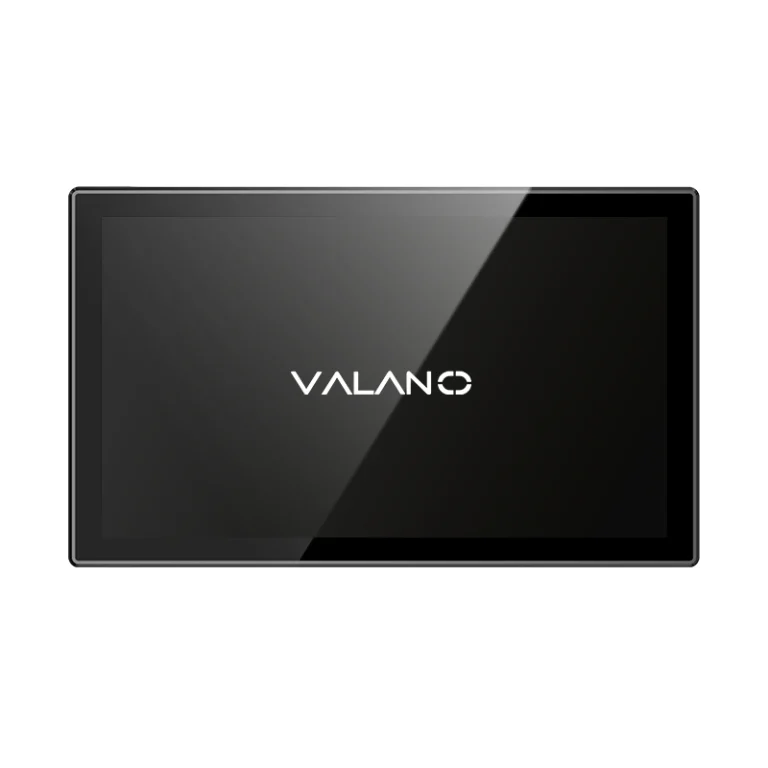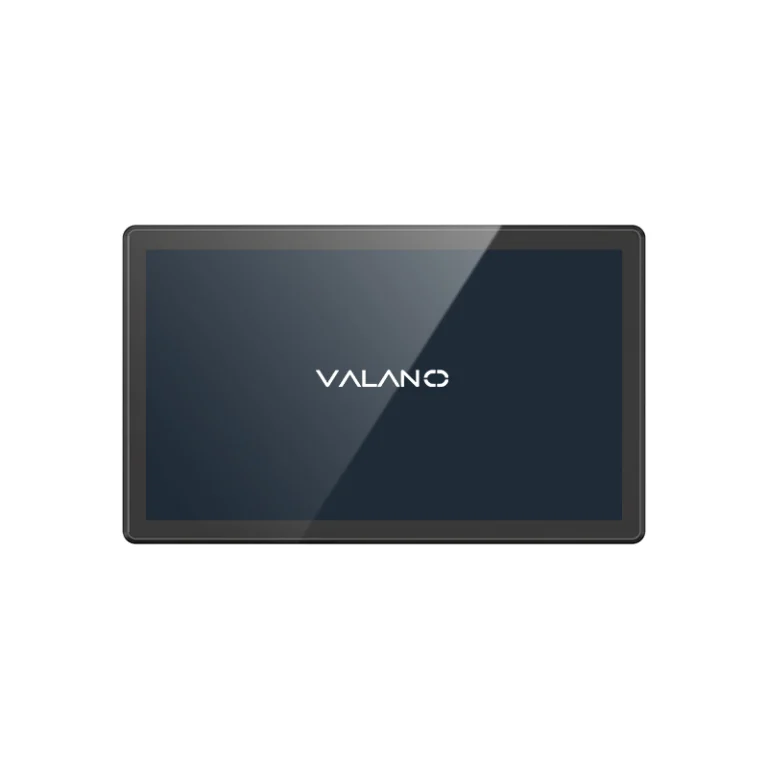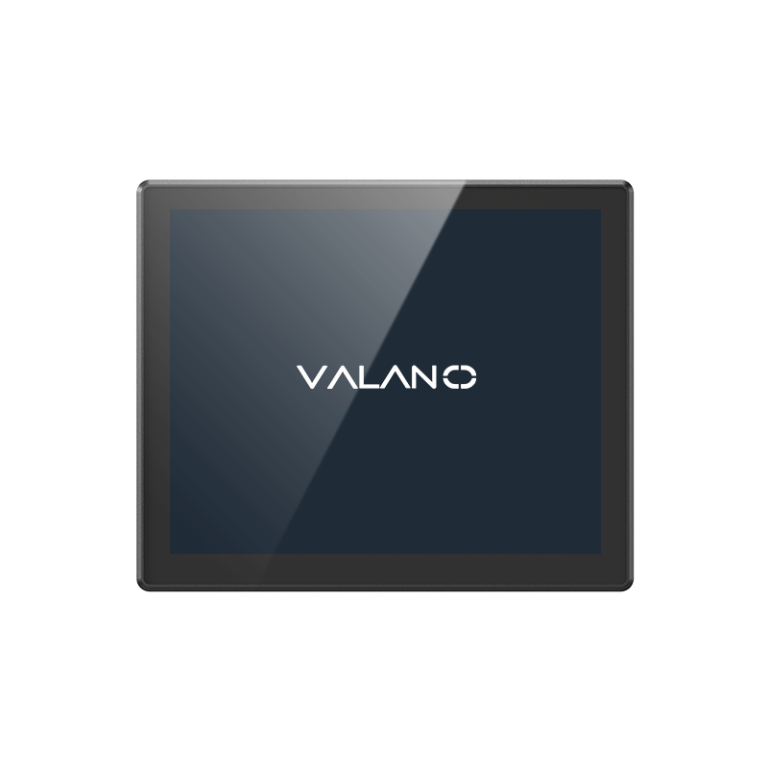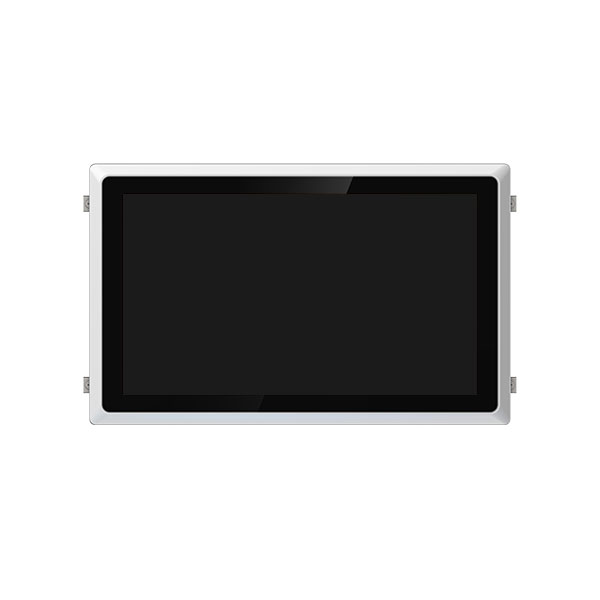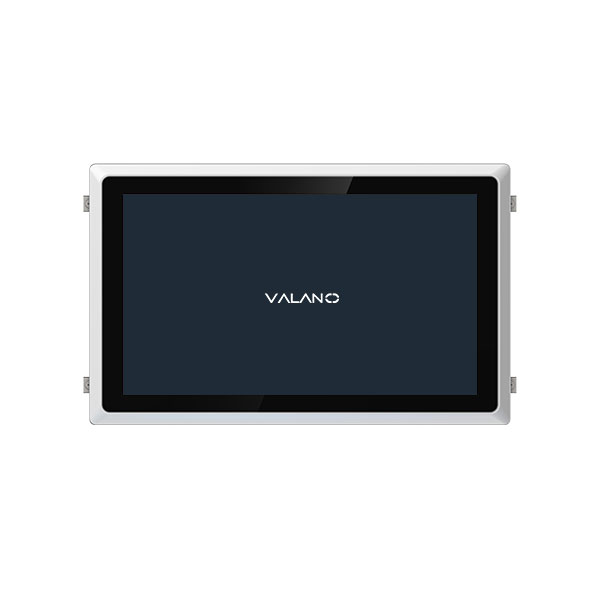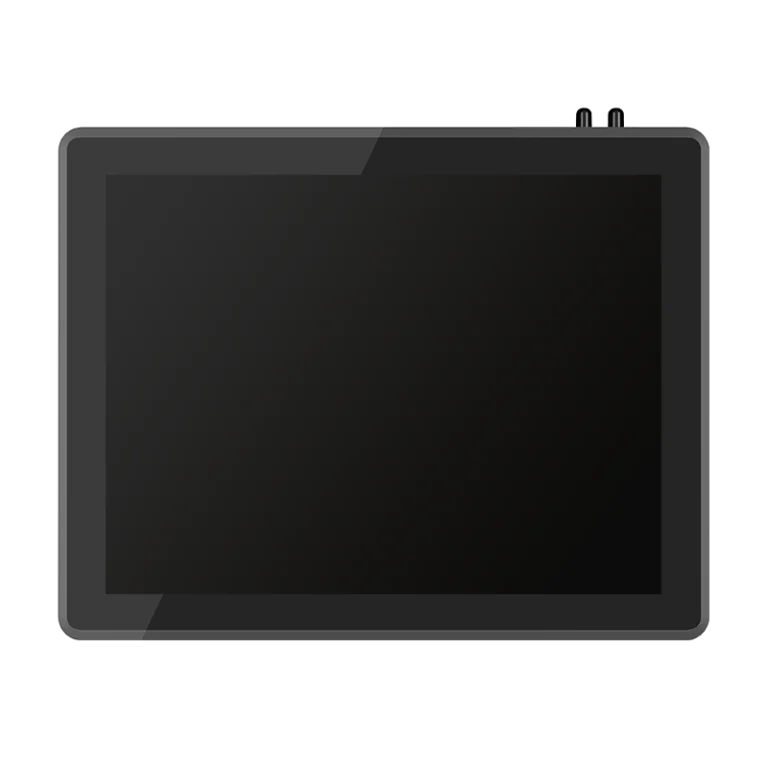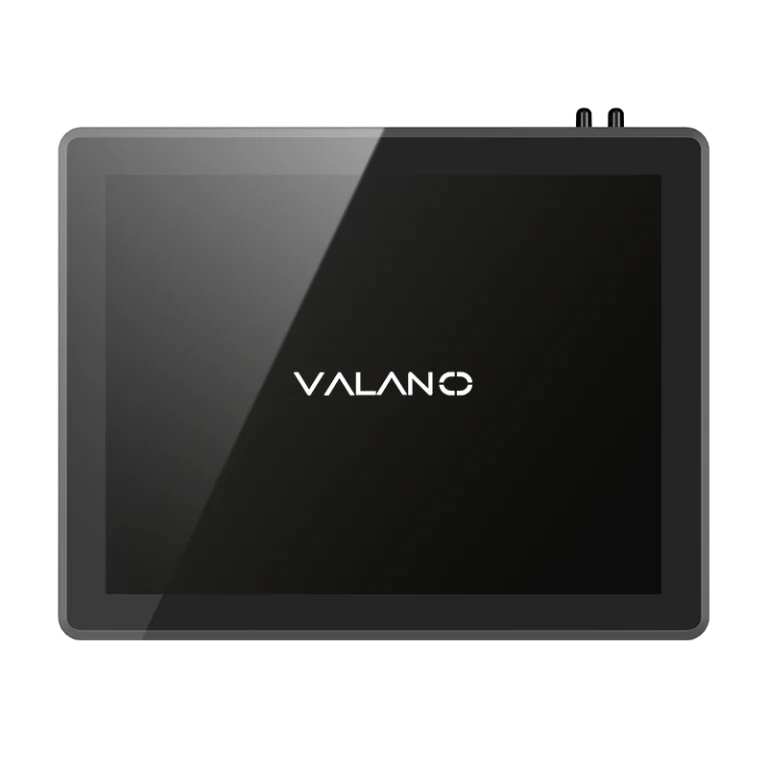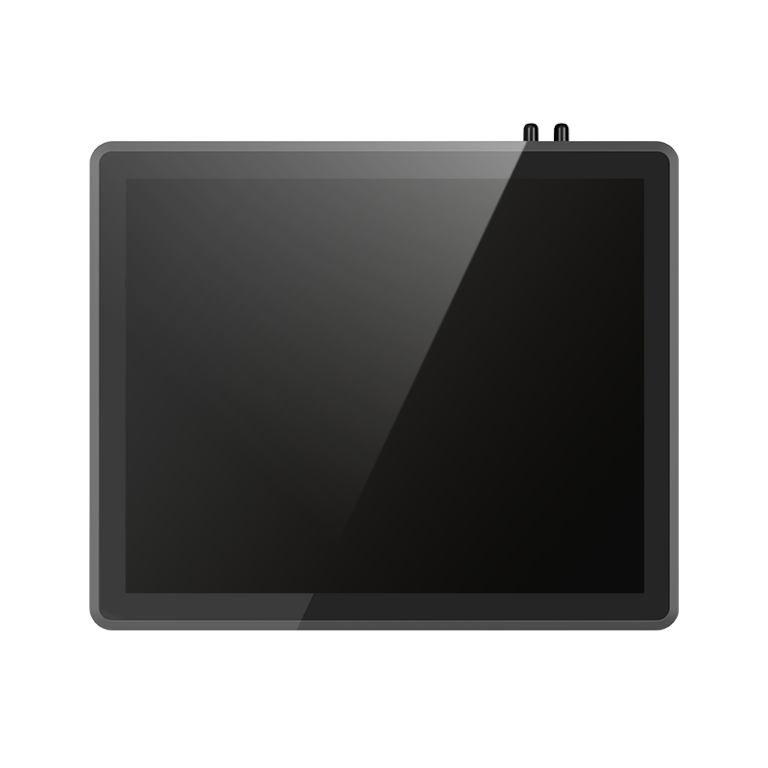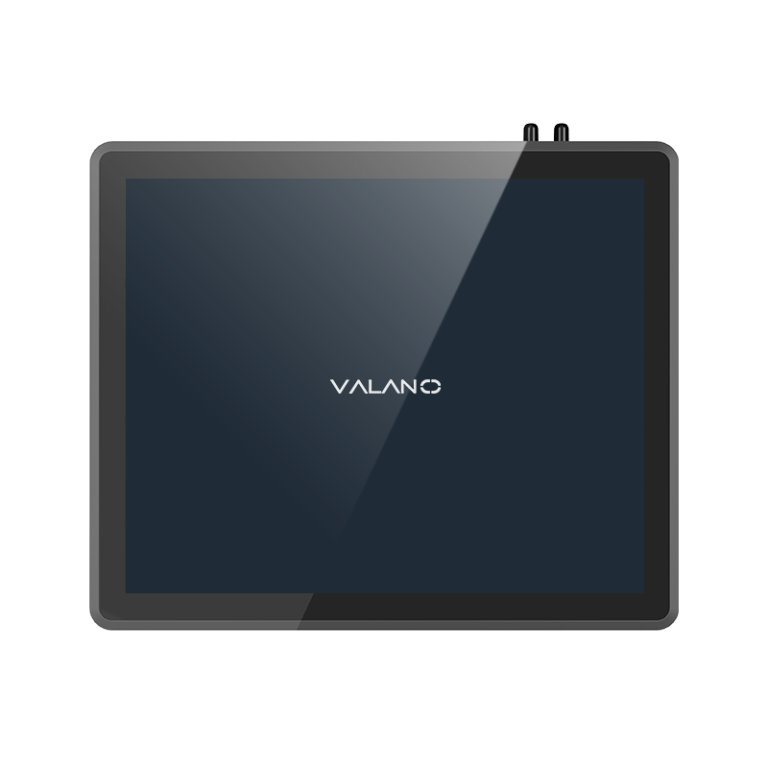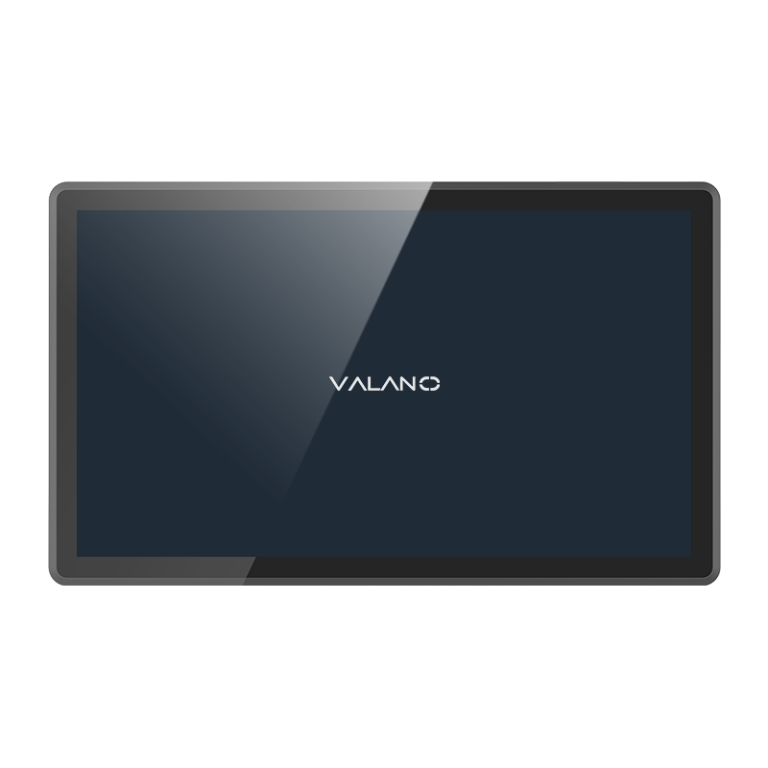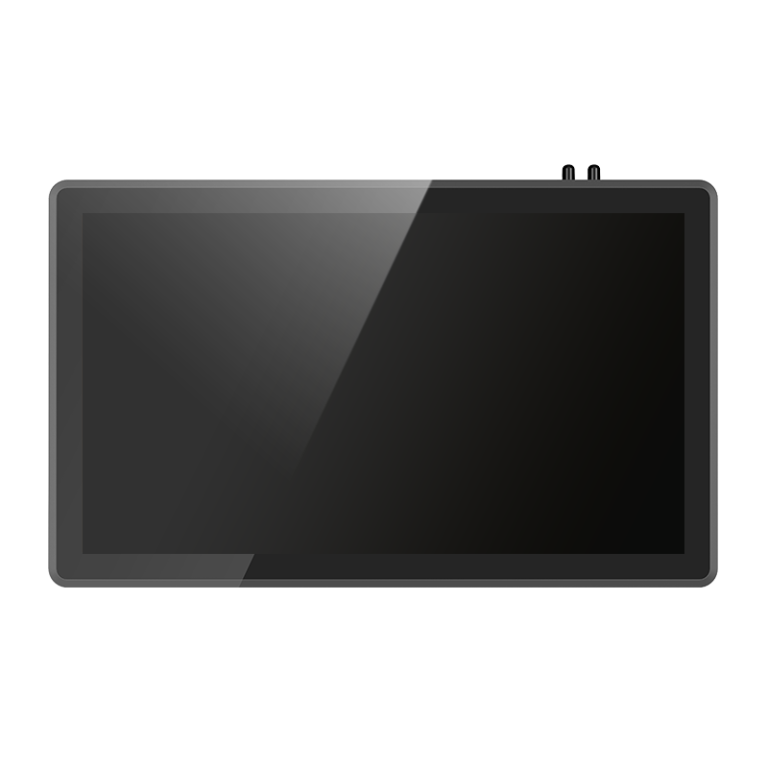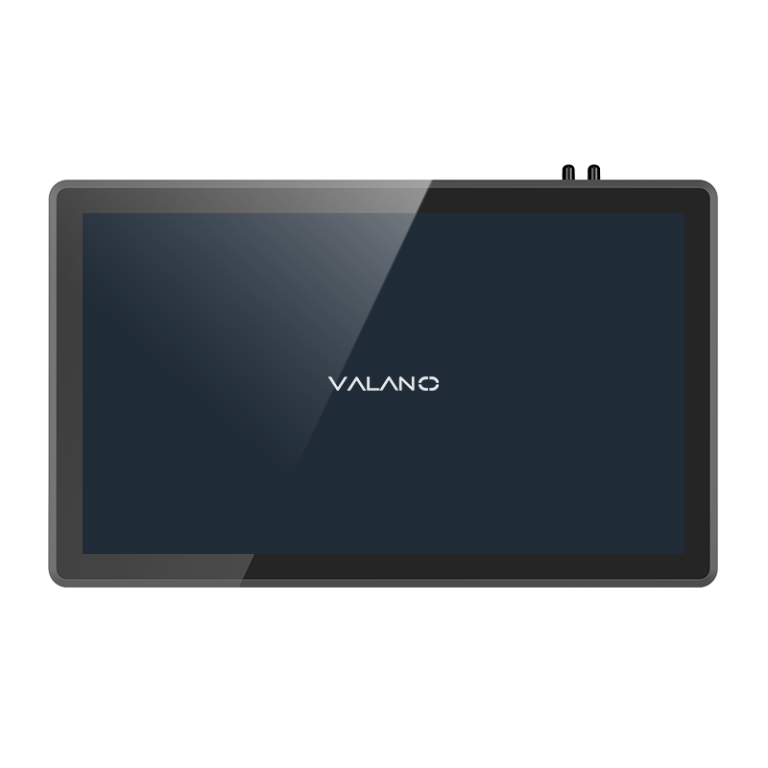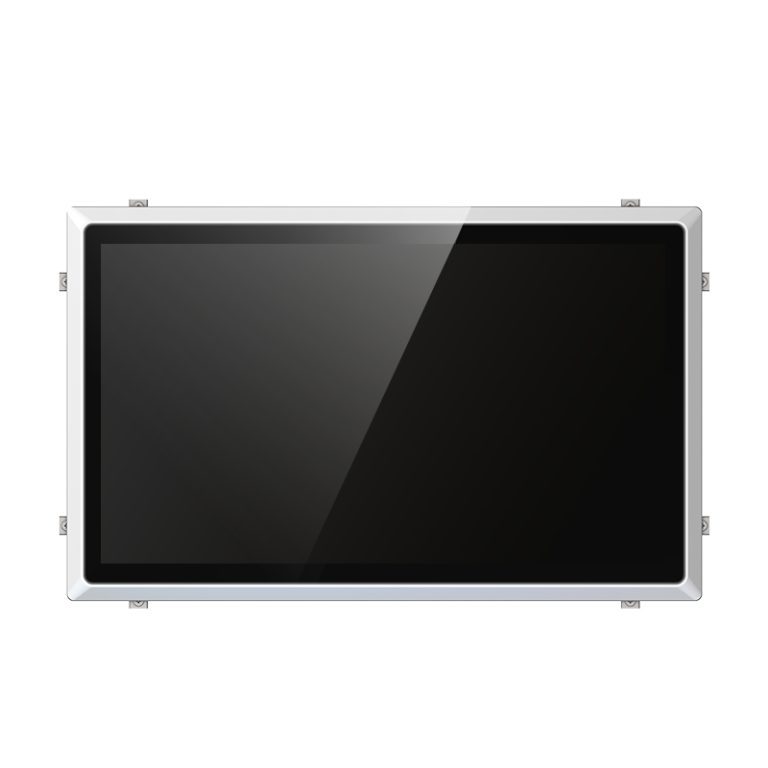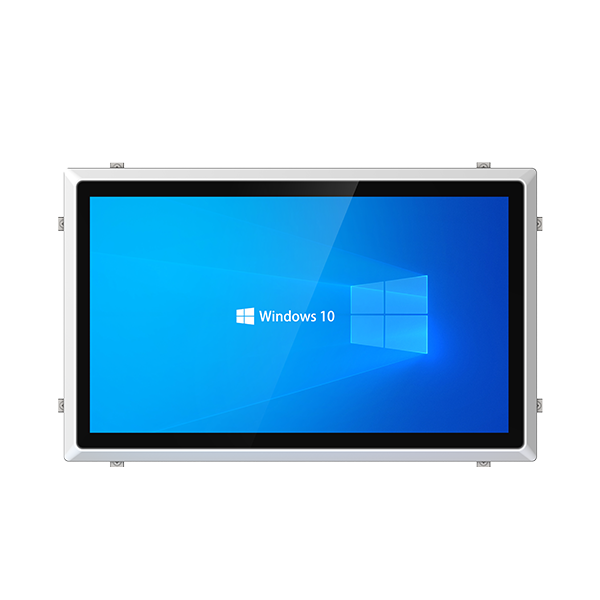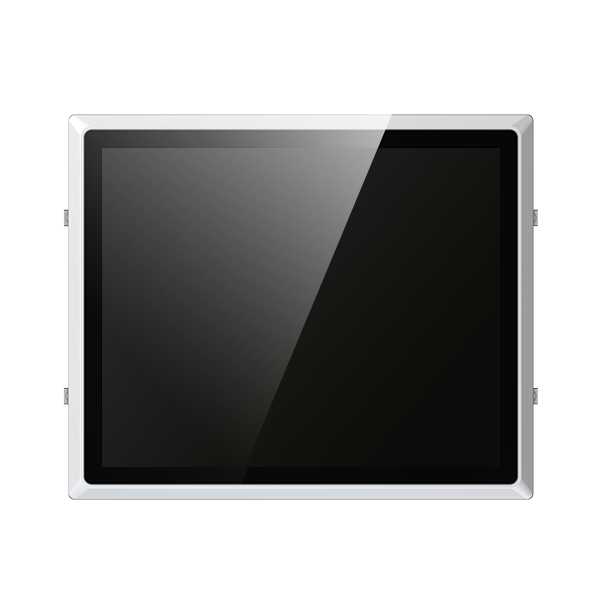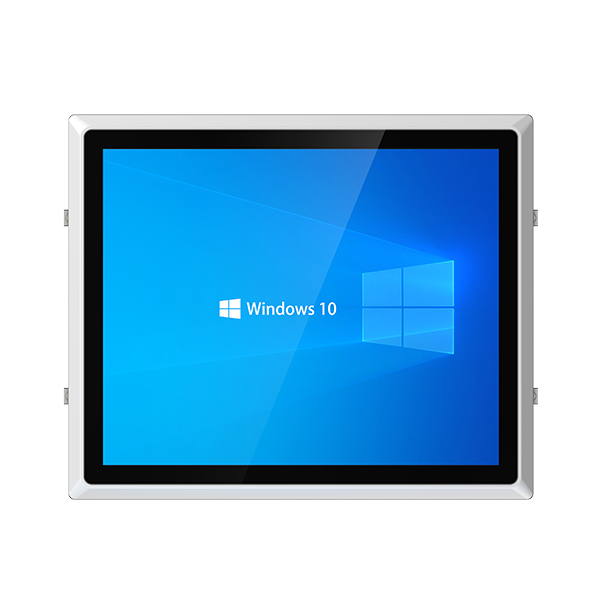In the modern industrial landscape, manufacturers increasingly rely on customized solutions to optimize production processes and maintain competitiveness. Industrial panel PCs are critical tools in automation, enabling real-time monitoring, precise control, and seamless integration with production systems.
Partnering with an OEM (Original Equipment Manufacturer) for custom industrial panel PCs allows businesses to access tailored solutions, reduce development costs, and improve production efficiency. This article explores the benefits of OEM collaboration and selection criteria for the right partner
What is an OEM and Why It Matters
Definition of OEM
An OEM, or Original Equipment Manufacturer, designs and produces products that other companies sell under their own brands. In the context of technology, an OEM builds hardware or components based on a client’s specifications. These manufacturers often have specialized skills and advanced equipment for creating complex devices.
Importance for Industrial Panel PCs
In industrial environments, off-the-shelf panel PCs often cannot meet specific requirements such as IP protection, touchscreen type, connectivity options, or environmental resistance. Working with an OEM enables companies to:
- Develop custom hardware and software solutions.
- Scale production efficiently, whether for small pilot runs or full-scale deployment.
- Reduce in-house R&D and manufacturing burdens.
Key Advantages of Partnering with an OEM
Tailored Design and Customization
An OEM partner offers tailored solutions for industrial panel PCs. They design custom features such as screen size, IP rating, touchscreen type, and housing materials. Teams can request integration with existing factory systems or automation workflows.
Faster Adaptation and Production Flexibility
OEMs respond quickly to changing requirements. They provide rapid prototyping and can adjust designs to match production needs. Companies benefit from flexible batch sizes, whether for pilot runs or large-scale manufacturing.
| Advantage | Description |
|---|---|
| Quick Prototyping | Fast development of new models |
| Flexible Production | Small or large batch options |
| Reduced Lead Time | Faster delivery than in-house builds |
Quality Assurance and Regulatory Compliance
Industrial computers must perform reliably in harsh environments. OEMs use industrial-grade components and follow strict quality control processes. They support regulatory standards such as CE, FCC, UL, and IP ratings.
Cost Efficiency
Partnering with an OEM reduces research and development costs. Companies save money by leveraging the OEM’s expertise and production scale. Large orders benefit from economies of scale without sacrificing quality.
- Lower R&D investment
- Competitive pricing for bulk orders
- Consistent product quality
How to Select the Right OEM Partner
Evaluate Manufacturing Capabilities
A strong OEM partner demonstrates advanced manufacturing capabilities. They produce industrial panel pc models with precision and consistency. Teams should visit facilities or request virtual tours to see equipment and processes.
A reliable OEM handles industrial computers with strict quality controls. They offer custom solutions for different environments.
Assess Technical Support and After-Sales Service
Technical support plays a key role in long-term success. An OEM partner provides guidance during design, production, and deployment.
After-sales service includes troubleshooting, warranty coverage, and spare parts availability.
A good partner responds quickly to issues and helps maintain integration with existing systems.
- Support for software updates
- Assistance with hardware upgrades
- Training for maintenance teams
Review Certifications and Compliance Standards
Certifications prove an OEM meets industry standards. Look for CE, FCC, UL, and IP ratings on each panel.
Compliance ensures safety and reliability in industrial settings.
A partner with proper certifications delivers products that pass regulatory checks.
| Certification | Purpose |
|---|---|
| CE | European safety |
| FCC | US electronics |
| UL | Product safety |
| IP | Environmental protection |
The OEM Partnership Process
Requirement Analysis
A company starts by reaching out to a potential partner. They prepare detailed project information, including technical needs and business goals. Many suppliers offer build-to-order configurators to help define the right industrial panel pc for the application.
Design and Prototyping
The partner reviews the requirements and creates a design proposal. They often provide a prototype for testing. This stage allows both sides to check fit, function, and integration with existing industrial systems.
- Teams can request changes before final approval.
- Open feedback ensures the design meets all needs.
Production and Quality Control
After design approval, the supplier begins production. They use advanced processes to build industrial computers with high precision. Quality control teams test each unit to ensure it meets safety and performance standards.
| Step | Purpose |
|---|---|
| Production | Build to specifications |
| Quality Check | Ensure reliability |
Deployment and Support
The partner ships the finished units to the customer’s site. They assist with installation and integration into the industrial environment. Ongoing support includes troubleshooting, updates, and spare parts.
Tips for Successful OEM Collaboration
Provide Clear Specification Documentation
A company that will work with you should prepare detailed documentation before starting the project. This documentation includes technical drawings, performance requirements, and environmental conditions. Clear specifications help the partner understand expectations and reduce errors during production.
Teams should also document prototype feedback and quality check results. This process ensures that the final product matches the original vision. Accurate records make it easier to resolve any issues that arise.
Maintain Open Communication Channels
Successful projects depend on regular communication between both sides. Teams should schedule frequent meetings to discuss progress and address concerns. Open channels allow quick responses to design changes or integration challenges.
A partner who listens and responds quickly can solve problems before they grow. This approach builds trust and keeps the project on track. Teams should also share updates about testing and deployment.
Evaluate OEM Experience and References
Companies should review the partner’s experience with similar projects. Checking references helps confirm the partner’s ability to deliver quality products. Teams should ask about previous work with integration and support for industrial systems.
Long-term success depends on more than just the initial build. Contracts should outline warranties, after-sales support, and service agreements. A reliable partner supports the product through its entire lifecycle.
Conclusion
OEM partners help companies achieve custom solutions for industrial panel PCs, delivering high quality, operational efficiency, and compliance with industry standards. By choosing the right partner, buyers gain cost-effective, reliable products and benefit from expert guidance throughout the entire process, from design to deployment.
Experienced OEM partners provide technical support, ensure smooth system integration, and maintain long-term reliability. Engaging the right partner brings expertise, flexibility, and value to every project, making industrial panel PC development both efficient and successful.




